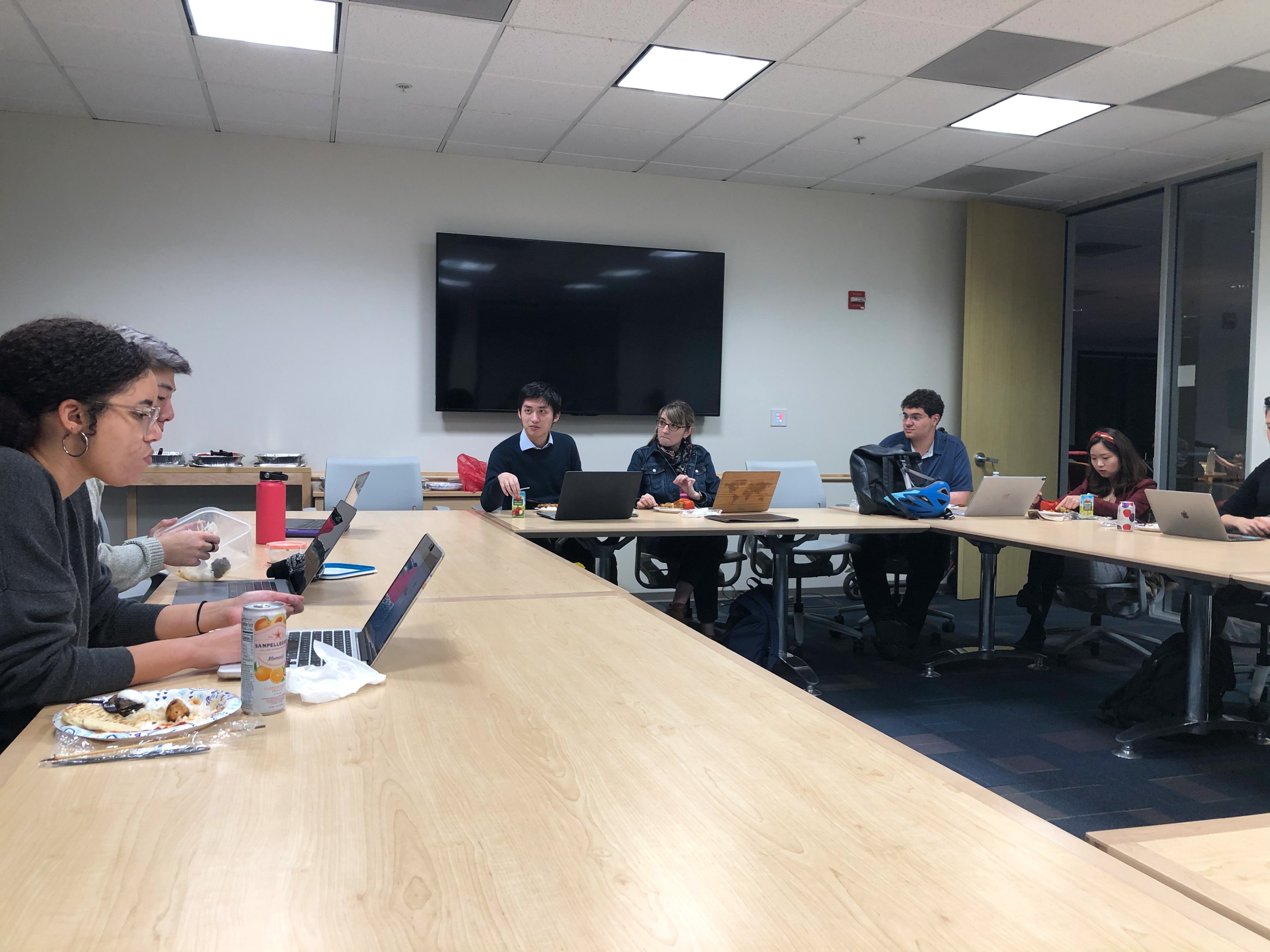In their weekly meeting, the Graduate Student Council (GSC) focused on improving the mental health of students and faculty. Furthermore, they discussed upcoming events and their opinions on Chanel Miller’s contemplative garden.
As part of an initiative to improve the mental health of graduate students on campus, fourth-year theater and performance studies student Kari Barclay met with the Associated Students of Stanford University (ASSU) mental health task force last week.
This meeting was held to ensure that the ASSU’s survey on mental health did not overlap with the survey that the GSC hopes to send out this winter.
“I’m still in the process of honing questions for the GSC survey,” Barclay said. “The ASSU is focusing on advisor and advisee relationships in mental health, so there is no overlap.
Fourth-year immunology Ph.D. student Lawrence Bai also briefed the councilors on a mental health community planning meeting from which he spoke of plans for on-campus events regarding the issue this upcoming calendar year.
“The plan as of now is to hopefully have an opening event addressing mental health for students, staff and admins on Sunday, Feb. 2,” Bai said. “After that, we hope to have two days of workshops and panel discussions on Feb. 3 and 4.”
GSC members also expressed their opinions on the University’s decision to install a plaque at Chanel Miller’s contemplative garden with Miller’s chosen quote — with the addition of a second plaque explaining that the garden is “a contemplative space to honor and support survivors of sexual violence and remind us of our obligations to the safety and wellbeing of all in our community.” The University plans to include information on how to reach confidential support resources on the marker.
“To me, this seems like a power play by the university, and they are just saving face,” said communications co-term John Coffey B.A. ’19 M.A. ’20.
Other councilors also expressed their confusion about the series of plaques that have been installed in the garden, and Bai felt as if the university’s site marker served as a strange disclaimer.
The GSC is also in the process of organizing its annual Thanksgiving dinner, which will take place in the open space at the Kennedy Residences with additional family dining spaces in the Havana Room at the Graduate Community Center.
“We are now at over 1,000 people signed up and hope to double that,” sixth-year languages and literature Ph.D. student Gabby Badica said.
This year’s Thanksgiving dinner will include an expanded menu and hopes to feed a record number of graduate students.
In an effort to improve cross-department engagement within graduate students, ASSU elections commissioner Christian Giadolor ’21 surveyed the councilors about experiences within their own communities.
“My sense of the environment is that graduate students are engaged at the departmental level but not with the greater community,” Barclay said. “They engage in grad-wide events when things are interesting to them or well-publicized, like the annual Thanksgiving dinner.”
As a representative of the medical school, Bai also noted that it is difficult for medical students to connect with other graduate students on the main part of campus.
“Many graduate students would prefer to deal with issues within their individual schools,” he added.
Contact Camryn Pak cpak23 ‘at’ stanford.edu.
